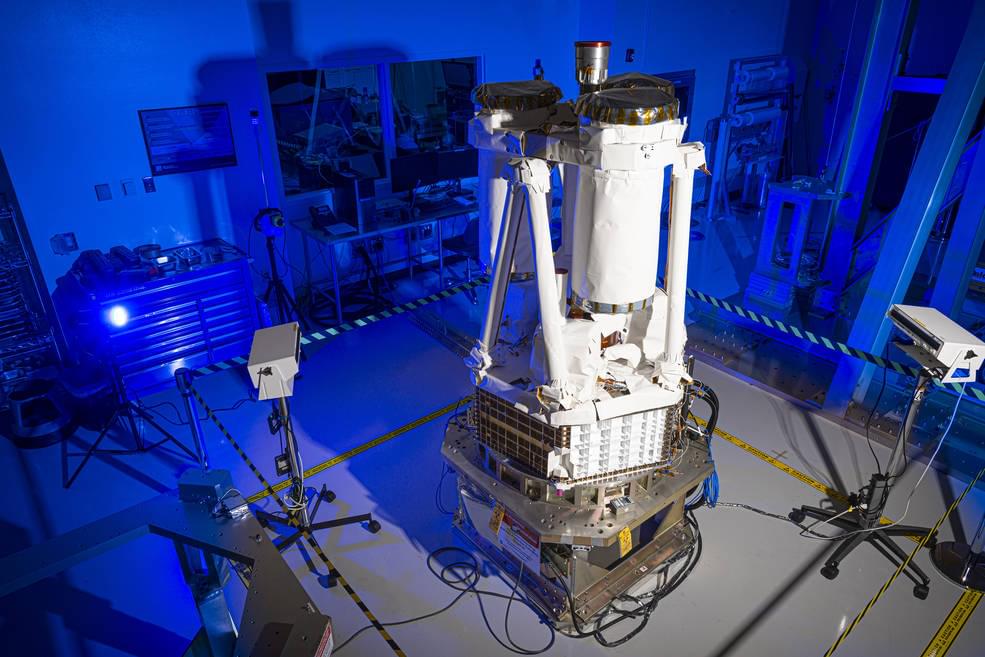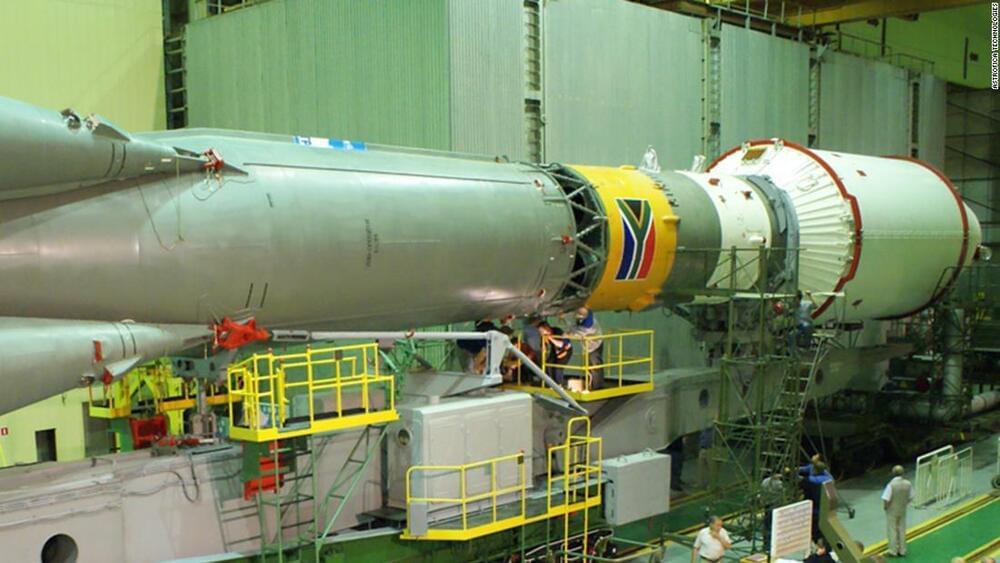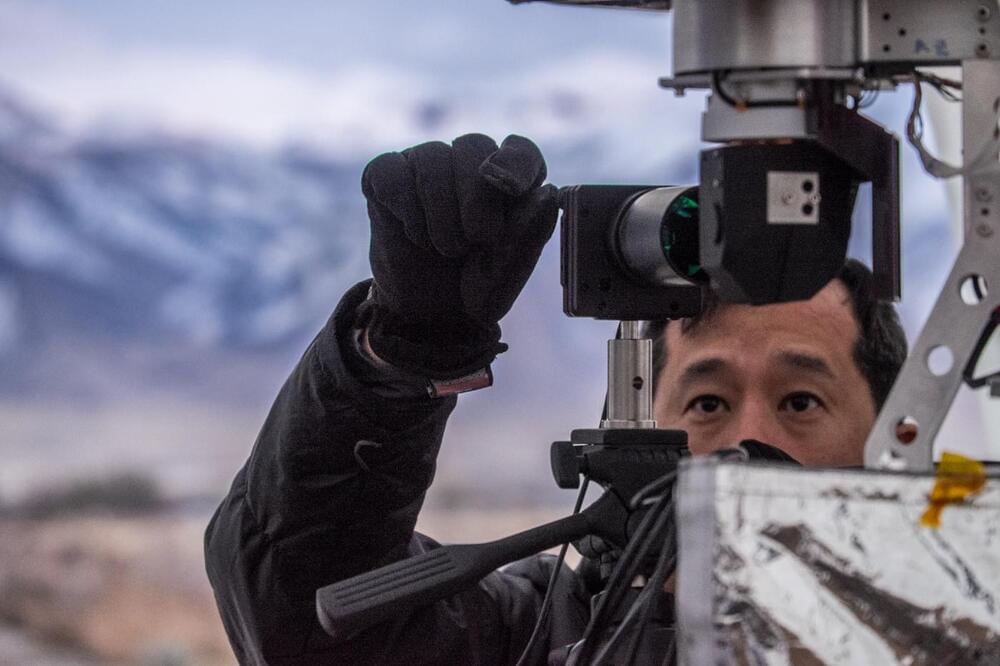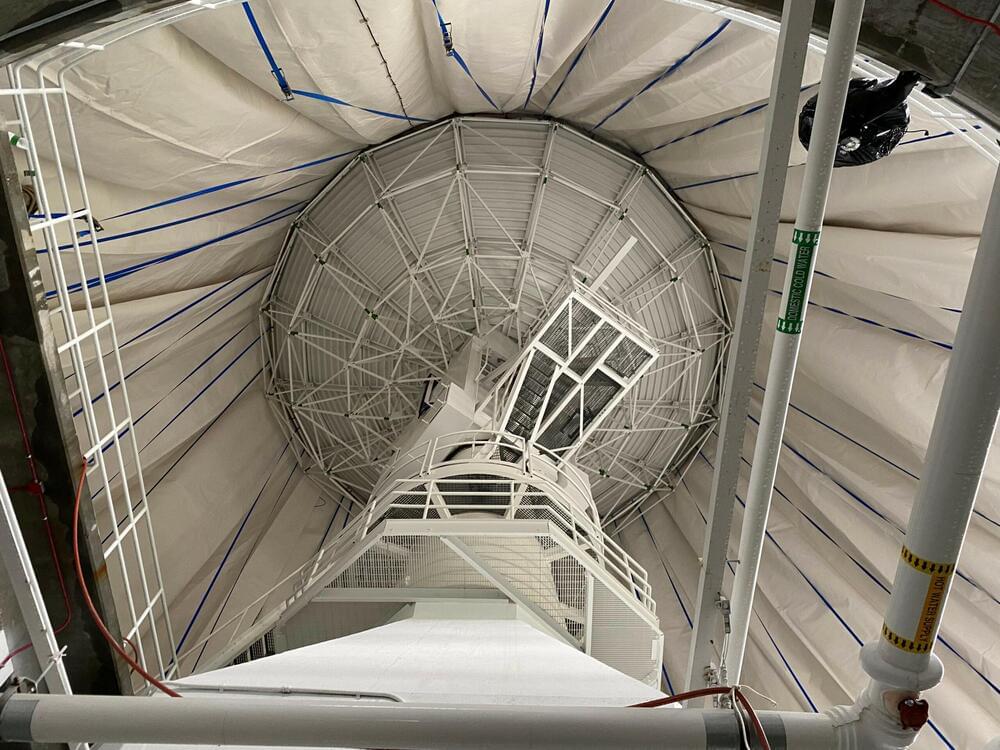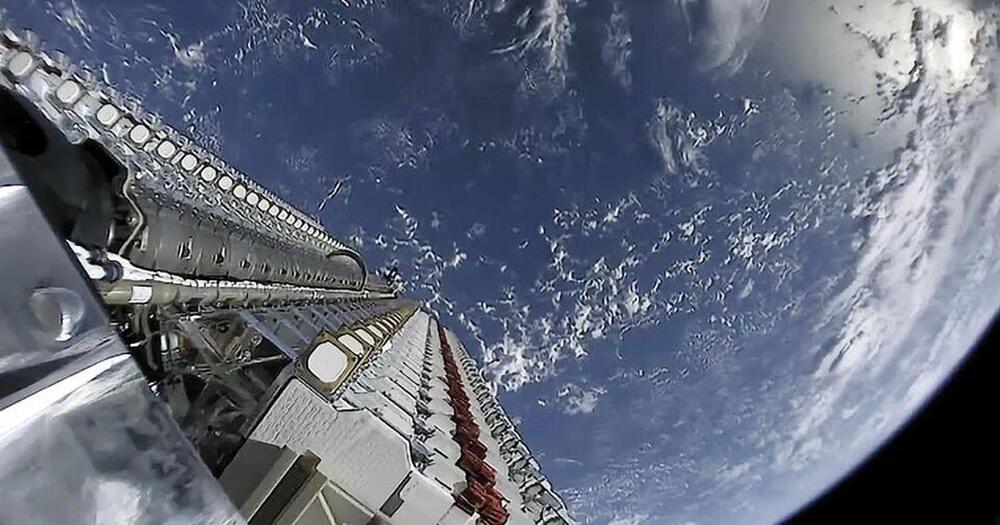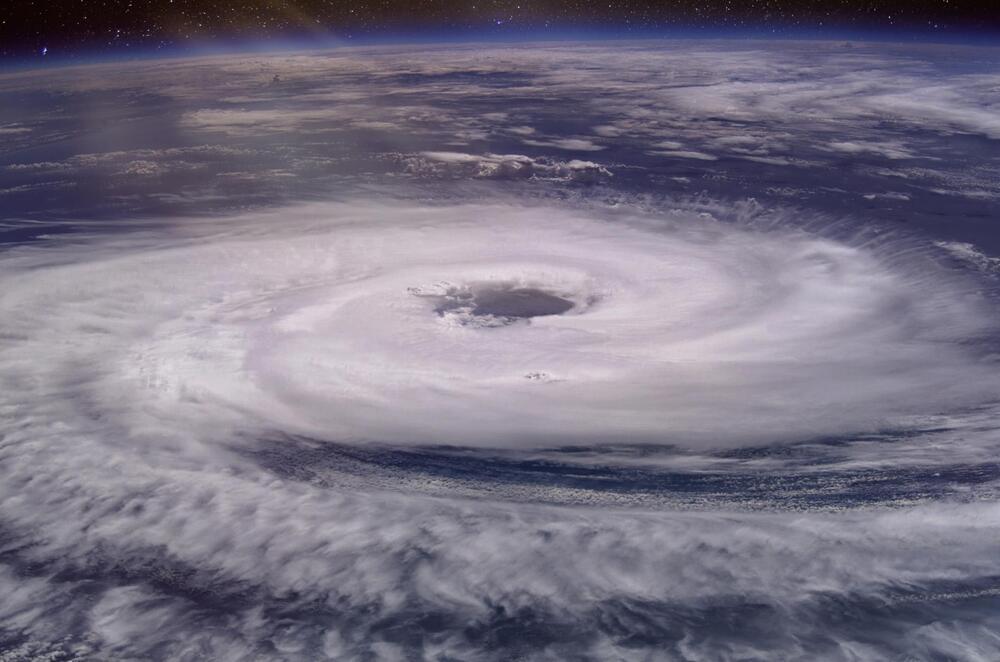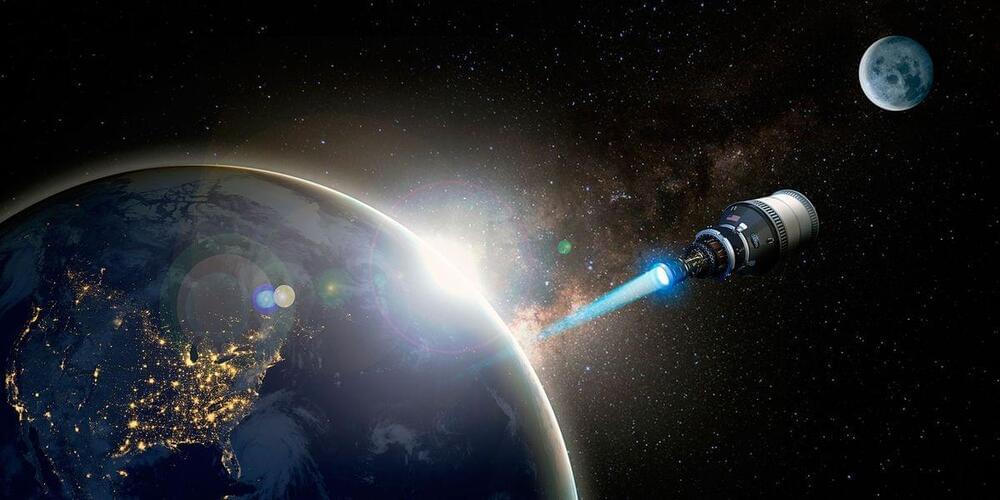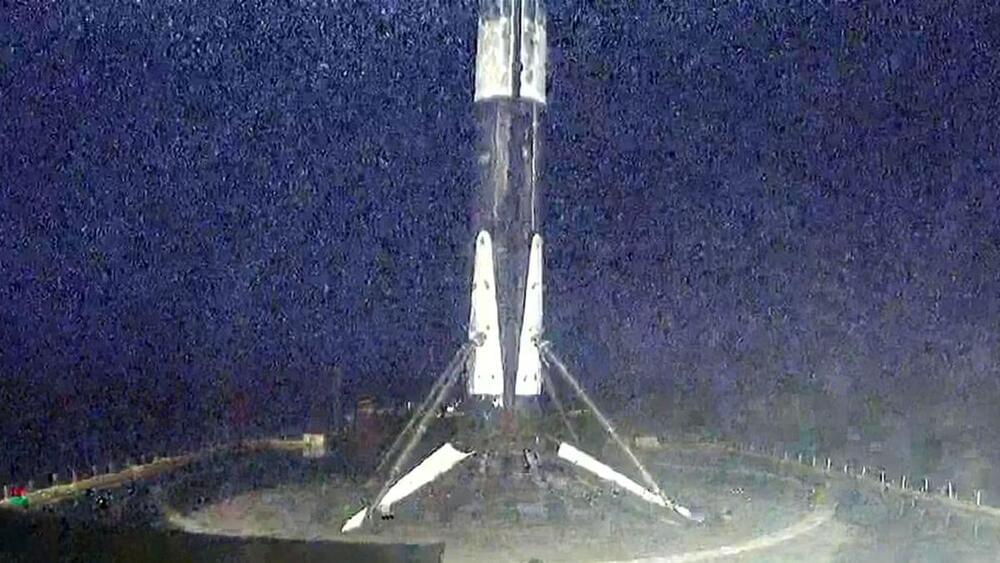The launch of the Imaging X-Ray Polarimetry Explorer (IXPE) observatory is now targeting December 13 2021, onboard a SpaceX Falcon 9 rocket from the Kennedy Space Center in Florida. The IXPE X-Ray observatory is the latest spacecraft in NASA’s historic Small Explorers (SMEX) program.
The IXPE mission was first selected as a part of the Explorers program in January 2017. NASA awarded the IXPE team $188 million for the spacecraft and mission, including the cost of the launch vehicle, post-launch operations, and data analysis. The spacecraft will be used to study Black Holes and other cosmic X-ray mysteries.
Built by Ball Aerospace at facilities in Boulder, Colorado, the IXPE spacecraft is based on the Ball Configurable Platform (BCP)-100 satellite bus. The BCP-100 is one of Ball Aerospace’s offerings for a modular satellite bus for low-Earth orbit (LEO) operations. It was most recently used by NASA’s Green Propellant Infusion Mission (GPIM) to test a new type of Green propellant for space operations.
